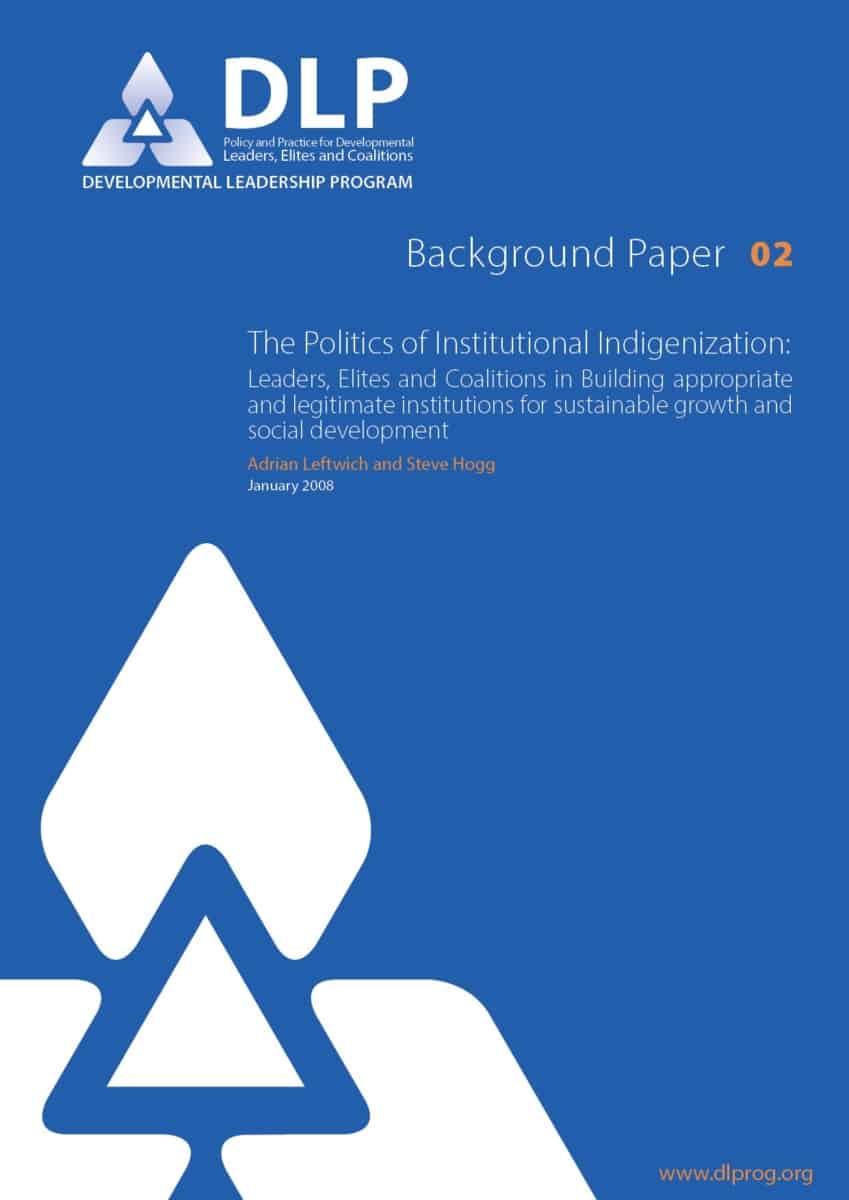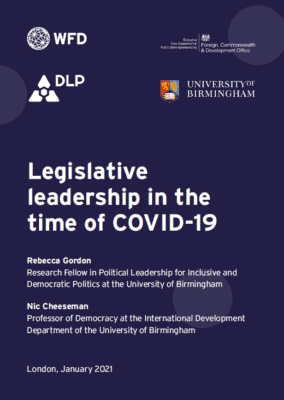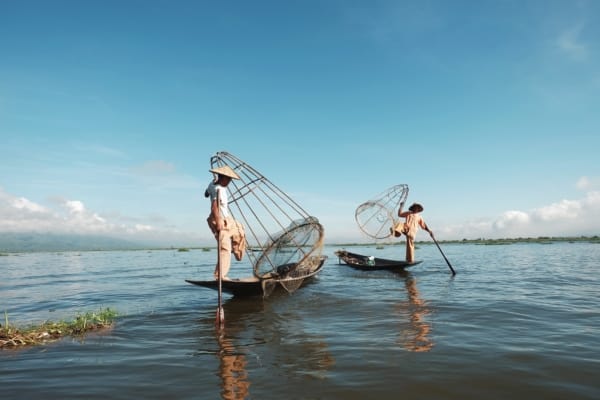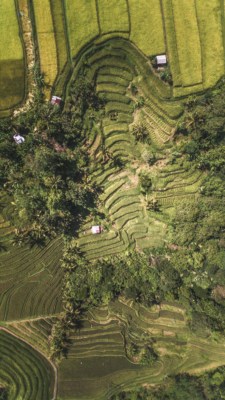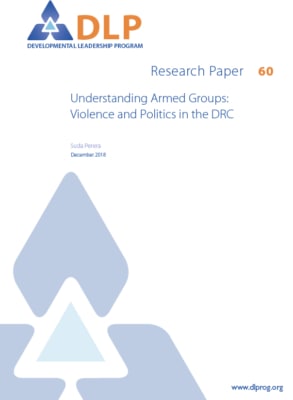Over recent years the international community, at least in some quarters, has rightly recognised that development is fundamentally a political process. We also accept more readily that economic growth, governance and politics are interdependent. But where we have failed, at least publicly, has been in not understanding and recognising the implications of this for donor policy and programming. It is broadly agreed that ‘good governance’ and sound institutions are necessary for growth and development, but our conventional approaches to governance reform are not working.
Attempts to transpose institutional models (both economic and governance) from OECD countries and to facilitate ‘country led approaches’ around Poverty Reduction Strategies (PRSs) have not had the desired impact.
What explains this now widespread failure of institutions, including PRSPs or national development strategies, which have been transferred from developed to developing countries to take root and prosper? It is important to explore more deeply this fundamental question as there is a lot of international aid riding on the answer(s).
We expect that the answer is less about technical issues and much more about political and cultural incentives and processes. We also think that much of what we, as an international community, are advocating in terms of international aid policy and strategy often lacks historical understanding.
The hypothesis which underlies this research programme is that appropriate, legitimate and effective institutions – and especially the ‘core’ institutions which define the fundamental rules of the game which lie at the heart of effective states, stability and economic growth – are made in the course of political processes and interactions between local leaders, elites and coalitions.
For appropriate and legitimate institutions to emerge and work, they need be embedded deeply in local politics and culture. Hence they need to be ‘indigenized’, that is made recognizable and acceptable within prevailing political and cultural standards, practices and norms of the host society, especially as they undergo reform and change. And effective indigenization requires the active participation, consent and agreement of local leaders, elites and coalitions. In short, the quality, legitimacy and implementation of institutions depend very much on the quality of leaders and elites and how they work collectively.

